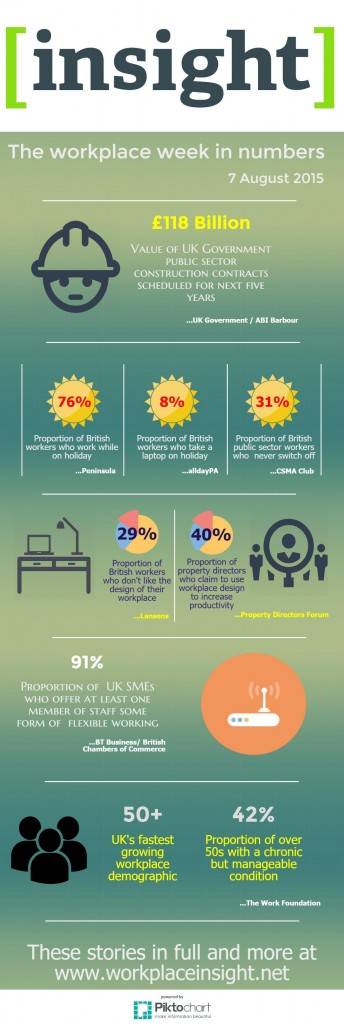August 13, 2015
Left-handed employees face practical problems at work suggests research 0
 The days of forcing left handed children to write with their right hand may be long over but according to new research launched today to mark the UK’s ‘National Left-Handers Day’, a large proportion of UK employees experience problems at work because they are left-handed. According to a survey by CV-Library 12 percent of the working population is left-handed, which equates to over 4.5 million staff. Of those, 1 in 5 (over 852,000 people) face practical problems at work including conducting simple tasks, such as having to use right-handed scissors that don’t cut, to persevering with entire workstations being laid out incorrectly, making them difficult and uncomfortable to use. Yet the majority of UK employers (96.7 percent) don’t ask new employees if they are left-handed and only a quarter of businesses (25.4 percent) provide left-handed staff with specialist office equipment and stationery.
The days of forcing left handed children to write with their right hand may be long over but according to new research launched today to mark the UK’s ‘National Left-Handers Day’, a large proportion of UK employees experience problems at work because they are left-handed. According to a survey by CV-Library 12 percent of the working population is left-handed, which equates to over 4.5 million staff. Of those, 1 in 5 (over 852,000 people) face practical problems at work including conducting simple tasks, such as having to use right-handed scissors that don’t cut, to persevering with entire workstations being laid out incorrectly, making them difficult and uncomfortable to use. Yet the majority of UK employers (96.7 percent) don’t ask new employees if they are left-handed and only a quarter of businesses (25.4 percent) provide left-handed staff with specialist office equipment and stationery.


































August 5, 2015
Using office relocation as a vehicle for positive organisational change 0
by Lee Parsons • Comment, Facilities management, Workplace, Workplace design
(more…)